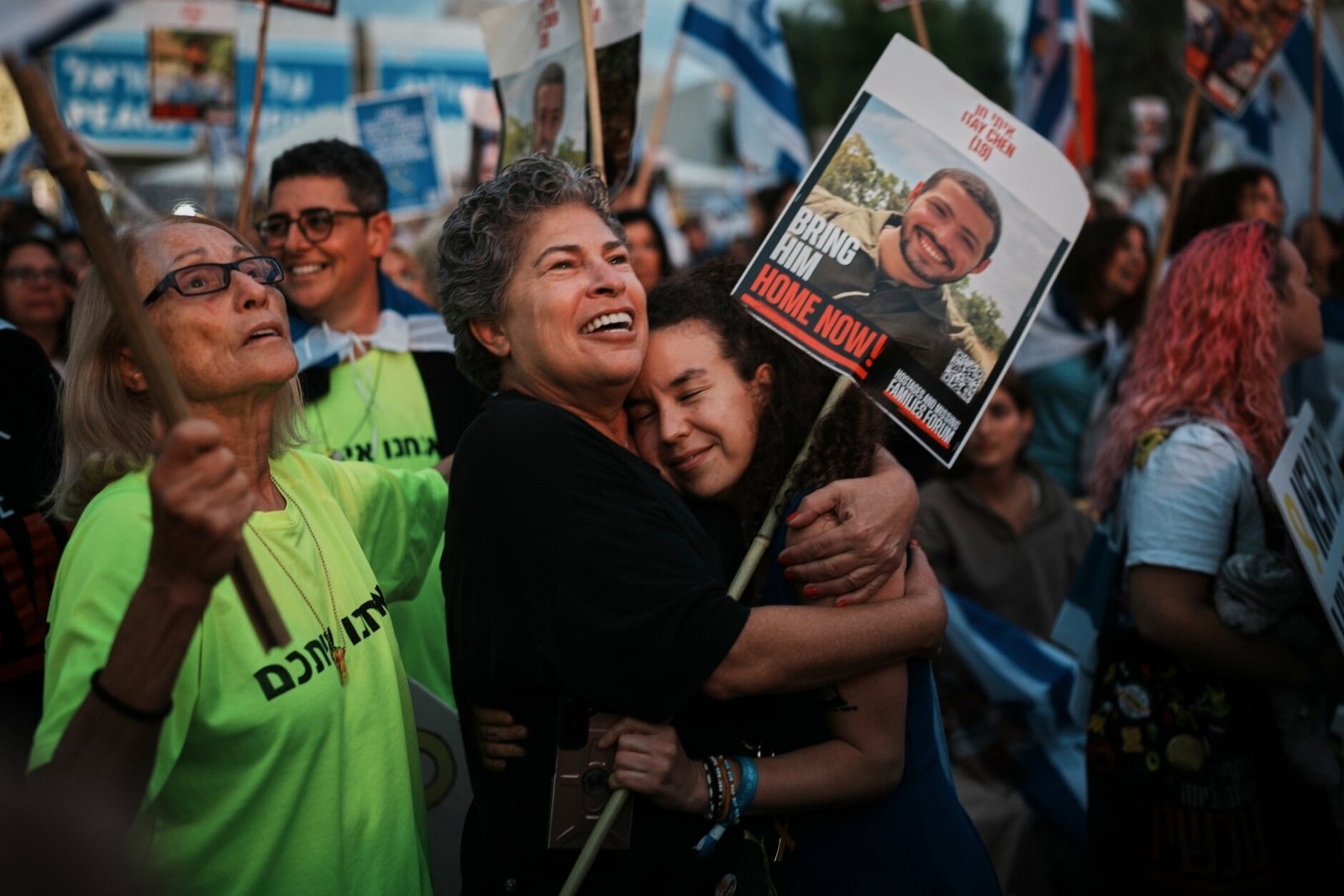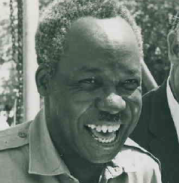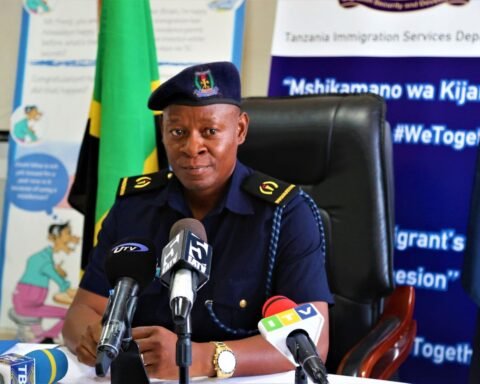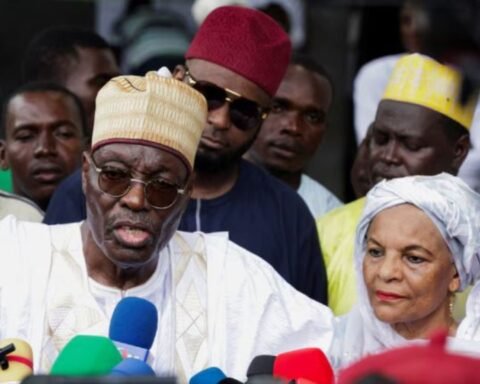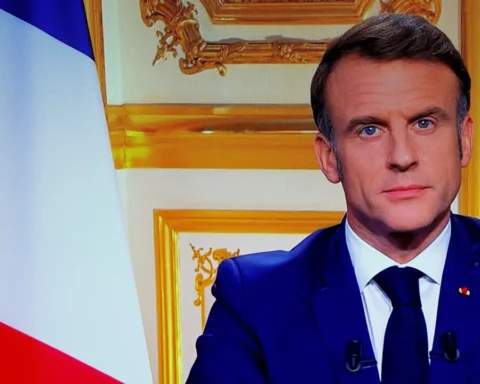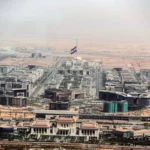In a moment that many across the world had long hoped for, the last living Israeli hostages were freed from Gaza on Monday as part of a landmark ceasefire deal that also saw Israel release hundreds of Palestinian detainees.
The exchange, hailed as a breakthrough after two years of devastating conflict, was announced just hours before U.S. President Donald Trump declared an end to the war that has reshaped the political landscape of the Middle East.
Crowds gathered in Tel Aviv’s “Hostage Square” erupted with emotion as confirmation arrived that all 20 surviving captives had been safely transferred to Israel by the International Committee of the Red Cross. Families embraced, waved flags, and wept openly after months of anguish. In Gaza, similar scenes unfolded as buses carrying nearly 2,000 Palestinians released from Israeli prisons pulled into a local hospital courtyard, where loved ones waited anxiously for their return.
Speaking to Israel’s parliament, Trump declared that “the skies are calm, the guns are silent, and the sirens are still,” calling the truce a “new dawn for a Holy Land that is finally at peace.” His remarks came after intensive mediation led by the United States, Egypt, Qatar, and Turkey—countries that have long played key roles in regional diplomacy.
Also Read; All Remaining Hostages Freed in Gaza Deal
Later that evening, world leaders convened in the Egyptian resort city of Sharm el-Sheikh to discuss what comes next. The summit, co-hosted by Egypt’s President Abdel Fattah al-Sisi, brought together more than 20 heads of state from across the Muslim and European world. While neither Hamas nor Israel attended, the leaders signed a joint declaration pledging to support the ceasefire, help rebuild Gaza, and establish a long-term framework for regional peace.
But despite the celebrations, questions remain. Who will govern Gaza moving forward? Will Hamas be required to disarm? How will reconstruction be funded in a territory still scarred by war? Analysts warn that the peace remains fragile, dependent on political will and international cooperation to prevent a return to violence.
For many families, however, the relief is immediate and deeply personal. Parents have been reunited with children once believed dead. Brothers, sisters, and spouses have embraced after years apart. For a region accustomed to despair, this exchange—though imperfect—offers a rare glimpse of what reconciliation could look like if both sides choose peace over vengeance.

